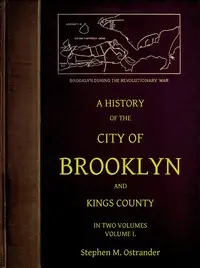"An Interpretation of Friends Worship" by N. Jean Toomer is a treatise on the Quaker approach to worship, produced in the mid-20th century. This work seeks to guide readers through the fundamental principles and practices of Friends worship, emphasizing the importance of inwardness and direct communion with God. It touches upon the nature of spiritual experience, the need for silent waiting, and the dynamics of communal worship among Quakers. The book delves into the essence of worship as an innate human need that springs from love and the desire for connection with God. Toomer explains that true worship arises from an internal awakening to divine presence, which is facilitated by moments of silence and shared spiritual practice among Friends. He discusses the significance of quiet reflection, preparation for worship, and the way individuals can cultivate a deeper awareness of God's reality in their lives. Through answering questions about the nature of prayer and the role of speaking during worship, the text aims to inspire both newcomers and seasoned Friends to engage more fully with their spiritual expressions, fostering a vibrant, living practice of worship. (This is an automatically generated summary.)

An Interpretation of Friends Worship
By Jean Toomer
"An Interpretation of Friends Worship" by N. Jean Toomer is a treatise on the Quaker approach to worship, produced in the mid-20th century. This work ...
Jean Toomer was an American poet and novelist commonly associated with the Harlem Renaissance, though he actively resisted the association, and with modernism. His reputation stems from his novel Cane (1923), which Toomer wrote during and after a stint as a school principal at a black school in rural Sparta, Georgia. The novel intertwines the stories of six women and includes an apparently autobiographical thread; sociologist Charles S. Johnson called it "the most astonishingly brilliant beginning of any Negro writer of his generation". He resisted being classified as a "Negro" writer, as he identified as "American". For more than a decade Toomer was an influential follower and representative of the pioneering spiritual teacher G.I. Gurdjieff. Later in life he took up Quakerism.














